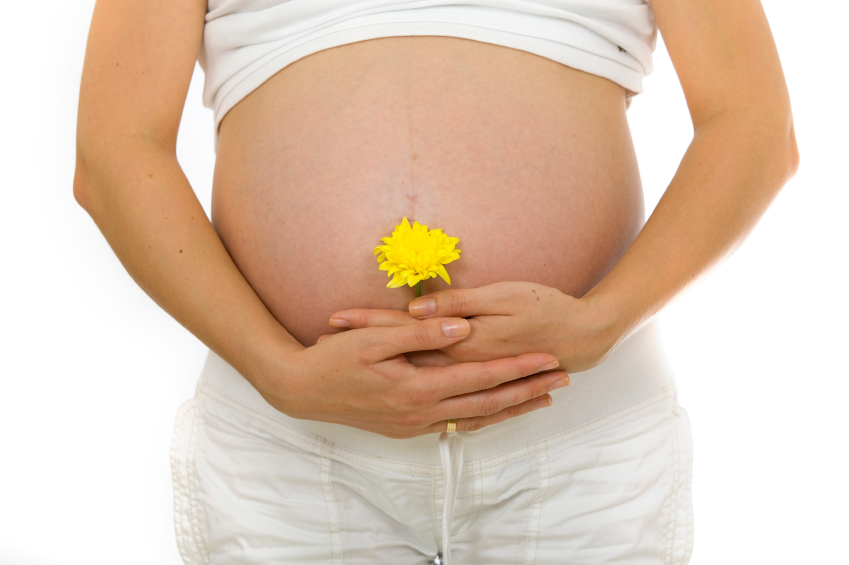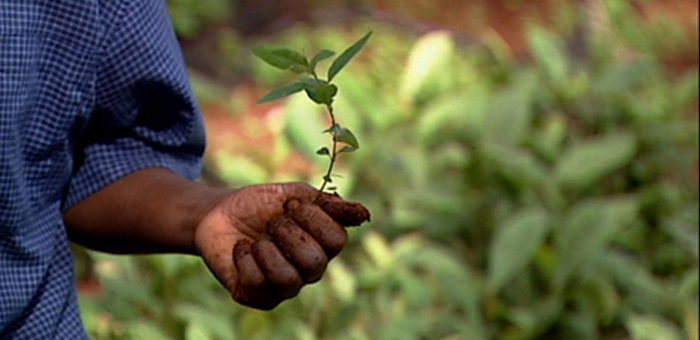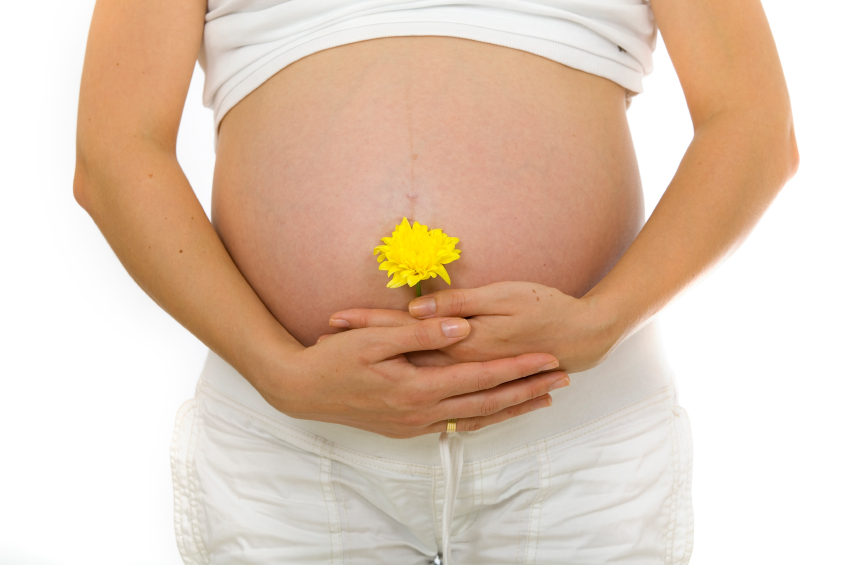Q. Dear Umbra,
You once replied to a request for some simple things all environmentally concerned individuals should do by pointing them toward some “Top Ten lists” for eco-minded people. Without a doubt, hands down, the number 1 action that should be followed for anyone concerned with the environment is to limit your procreation to 1 child per individual (2 per couple), i.e., replace yourself only. This dwarfs anything you might do in other areas, like using compact fluorescents or choosing paper over plastic, or weatherizing your home.
Stan B.
Williamsburg, Mich.
A. Dearest Stan,
The ten-foot pole gives reproduction another poke. In ’03 and ’05, the Royal We tickled all our reproductive clocks with brief reminders to consider childbearing and childrearing as ecologically significant acts. Since then I have followed my own advice and borne seven children, all of whom have grown up to work for Environmental Defense.
 The right to bear arms … and legs.iStock
The right to bear arms … and legs.iStock
As you know, this is a hot topic, and there’s a reason I poke at it only occasionally. I’m almost hesitant to do so now, but I feel strongly about one aspect, so here goes.
Environmentalists tend toward believing that our goal is preservation of the environment as it currently exists, with extra credit if we improve anything already destroyed by humans. Humans are the problem in this picture, and hence new humans are seen by some as an additional difficulty. The connection between population pressures and environmental degradation are logical and documented. People use natural resources to live, which is in part why we have deforestation, extinction, soil depletion, water supply problems, and excess greenhouse gases. High population growth is environmentally significant in areas with poor resource management, poor government, and poverty; it is also significant in areas with excess wealth and high resource consumption.
I’m not going to say too much about our personal reproduction today. Instead, I want to talk about a crucial role environmentalists should play in our local, national, and global communities.
It is very important for us to advocate for accessible family planning programs, for decent education for girls and women, and for women’s rights. We have all heard about the cause and effect of equal status for women. Women bear fewer children when we have access to affordable contraception and understand how to use it. We delay childbearing when we receive decent education, and are also better able to care for the children we do have. When we have better if not equal social status and rights, childbearing can be a choice.
Environmentalists need to advocate for girls and women at all levels. In our home communities, we need to be sure that girls are receiving equal opportunities, all youth are receiving substantial reproductive education, and teenagers are engaged in interesting projects rather than marking time with sex and drugs. Nationally and internationally, we need to actively advocate for family planning funding, the eradication of bogus abstinence-only programming, and policies that enrich the lives of women of all ages.
Social justice is inextricably linked with the natural environment. Choosing to limit the amount of children we have needs to be a realistic option for women worldwide.
Adieu, ten-foot pole!
Javelinly,
Umbra




